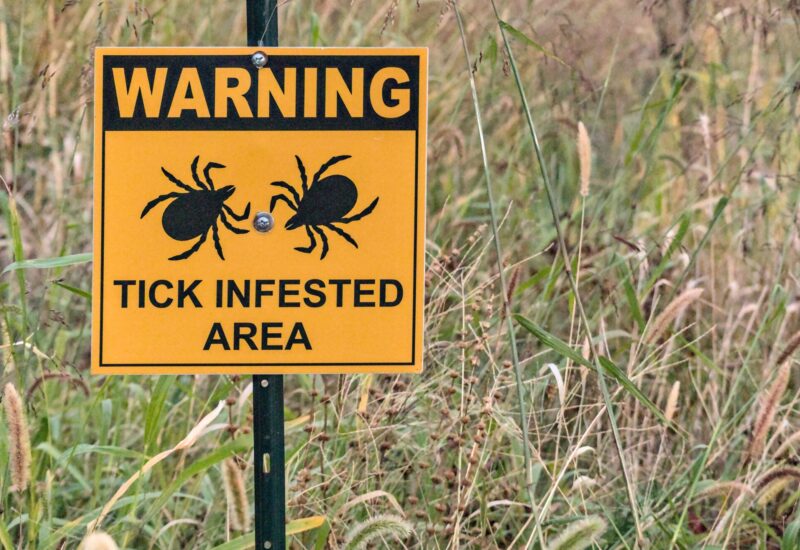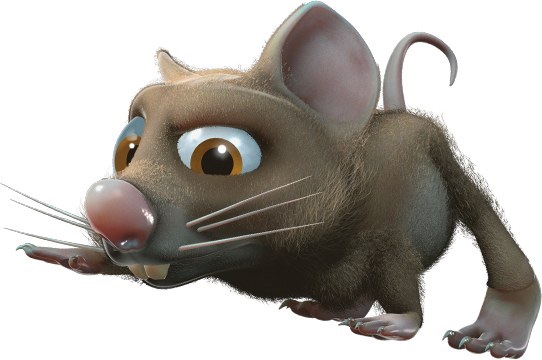Signs and Prevention of Rabies
Rabies is a common concern when it comes to wildlife making themselves at home on your property or in your house. Fall is the time of year when raccoons, squirrels and other animals are looking for a cozy spot to stay for the winter, which could easily be under your porch or in your attic. Learn the signs of rabies and prevention tips so that you’re prepared in a nuisance wildlife situation.
What is rabies?
Rabies is a viral disease that affects the central nervous system of mammals. The disease can only be spread through saliva. Rabies is usually transmitted through bites or scratches from an infected animal. Rabies is not an airborne illness and you can’t get the disease from the urine, excrement or blood of an infected animal.
Increased awareness, vaccinated pets and effective treatments have greatly reduced the danger of rabies. In the United States, an average of only one to two people a year die from rabies.
How do you know if an animal is infected?
Animals that have been infected with rabies will act unnaturally. Signs of rabies include:
- Excessive drooling
- Snapping or biting at real or imagined objects
- Acting upset or disoriented
- Wobbling when walking or walking in circles
- Walking as if back legs are paralyzed
- Self-mutilation
- Appearing to not be afraid of humans
It is important to know that other animal diseases such as distemper or raccoon roundworm have similar symptoms, so it is difficult to know for sure if an animal has rabies based only on its behavior.
Prevention Tips
If you suspect a wild animal on your property has rabies or appears injured do not touch or approach the animal. Call your local pest control company that specializes in nuisance wildlife removal. It is also wise to have your pets vaccinated for rabies.
If a wild animal bites you or a pet, always assume that the animal may have rabies. Scrub the wound with antibacterial soap and water and thoroughly rinse the wound with water. You should immediately seek medical attention.
If you have a nuisance wildlife problem contact Catseye Pest Control today!






